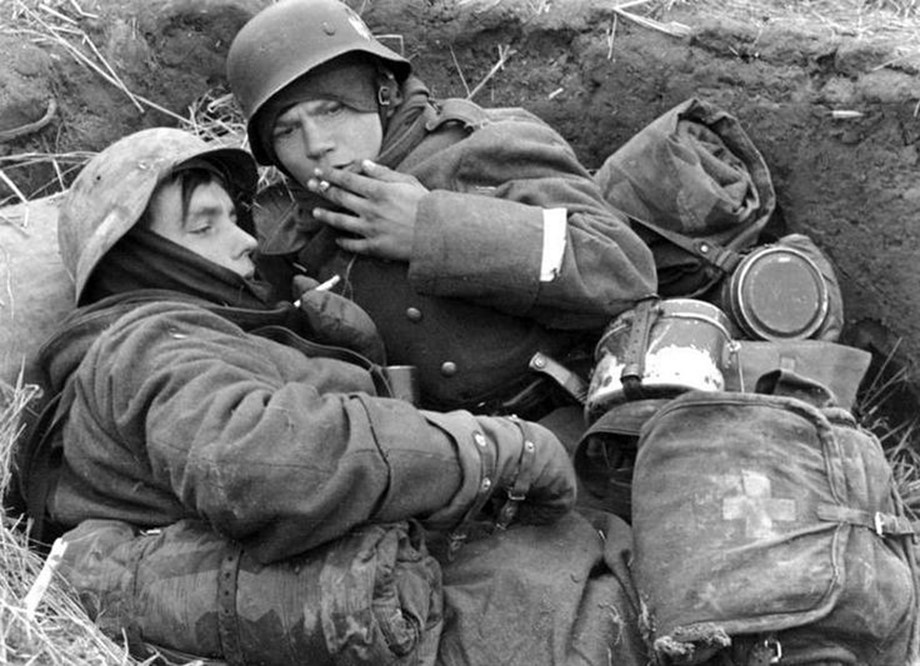The Economics Of Prisoner Of War Camps
July 10, 2017 in Daily Bulletin

Frances Woolley delved into a paper from 1945 written by an English soldier taken as a Prisoner of War during World War 2:
- Prisoners of War received four and three days’ worth of rations of bread and margarine on Thursdays and Mondays.
- These were supplemented with extras like cigarettes, chocolate, meat, and tea by the Red Cross and other aid organizations.
- Cigarettes emerged as a form of currency. They’re uniform, durable, and can easily be packaged together for large transactions.
- There was weekly inflation in the lead up to ration days. By Sunday, the day before the next ration, the price of bread had increased by 14% – from seven cigarettes to eight.
- More often though there was deflation. The problem with cigarettes as a currency is that they eventually go up in smoke, creating recessionary conditions when they weren’t replenished.
- This economy rewarded special skills. An Urdu speaking English prisoner could engage in a form of international trade with the Indian part of the camp.
- Soldiers who were particularly addicted to cigarettes risked starvation – as they bartered all their food away for the next nicotine hit.
- Officers in the camp considered policies of redistribution where bread would go to hopelessly addicted smokers in need.
Read more on the National Post.
Join the Discussion! (No Signup Required)